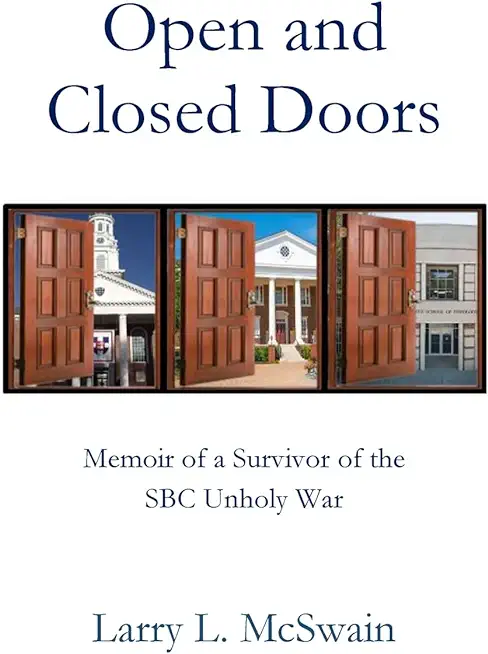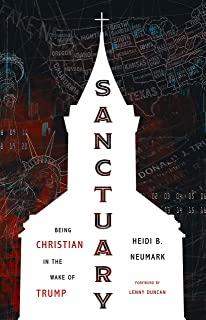
Writing about oneself can be a self-centered experience. Yet there is something therapeutic and responsible in the act of engaging in reflection about one's life. As I write these words, I am living in the eighth decade of life and I am forced to self-examination as the driving forces of achievement diminish into the question, "Was what I did with my life worth the struggles and hard work to make a difference in the world in which I
lived?"
My wife Sue and I spent twenty-seven years in Louisville, KY. I was a student in the Doctor of Sacred Theology (S.T.D.) program of The Southern Baptist Theological Seminary (SBTS) for four years and served in faculty and administrative roles the remainder of those years. A well- known story from ethics professor Henlee Barnette was as follows. In the aftermath of the 1958 firing of thirteen professors by President Duke K. McCall, Henlee was appointed by McCall as the Acting Dean of the School of Theology. Professor Wayne Oates had grown up in similar mill villages in North Carolina and both had graduated from Wake Forest University. He made his way to Henlee's office, walked in, and threw a package of Bull Durham chewing tobacco on his desk declaring, "Don't ever forget where you came from Henlee."
This personal life account with focus on another examination of the most divisive controversy in Southern Baptist Convention (SBC) history is my effort to follow Oates's admonition. As I think about the dominant themes of my life, specific events emerge that give understanding of why a particular theme is important.







